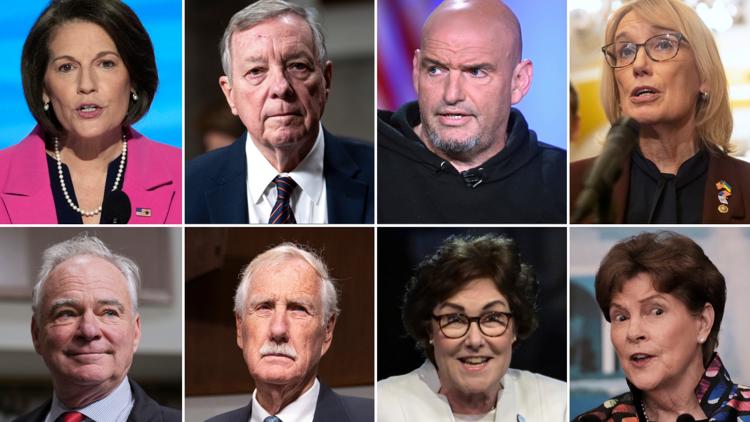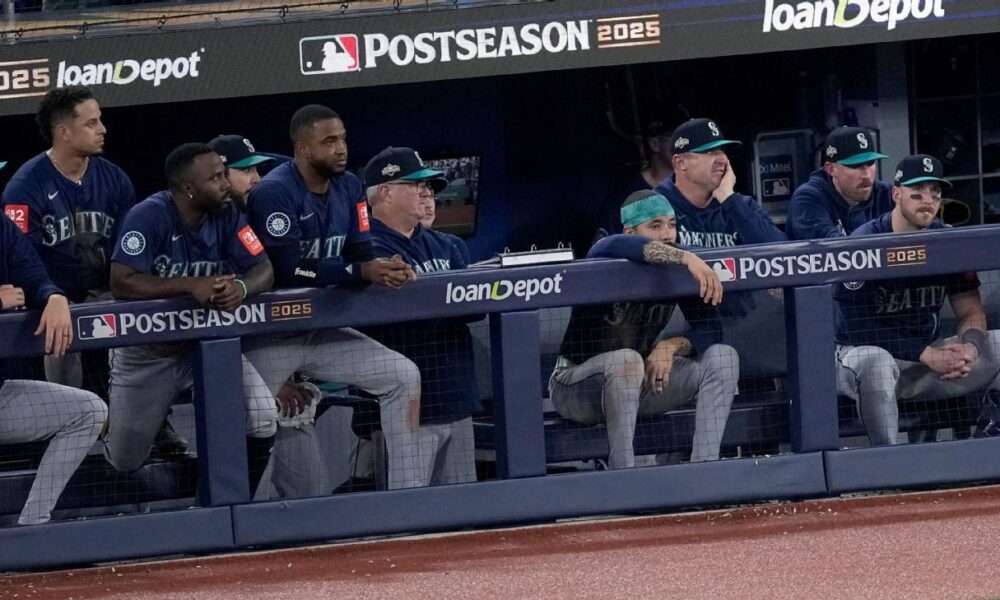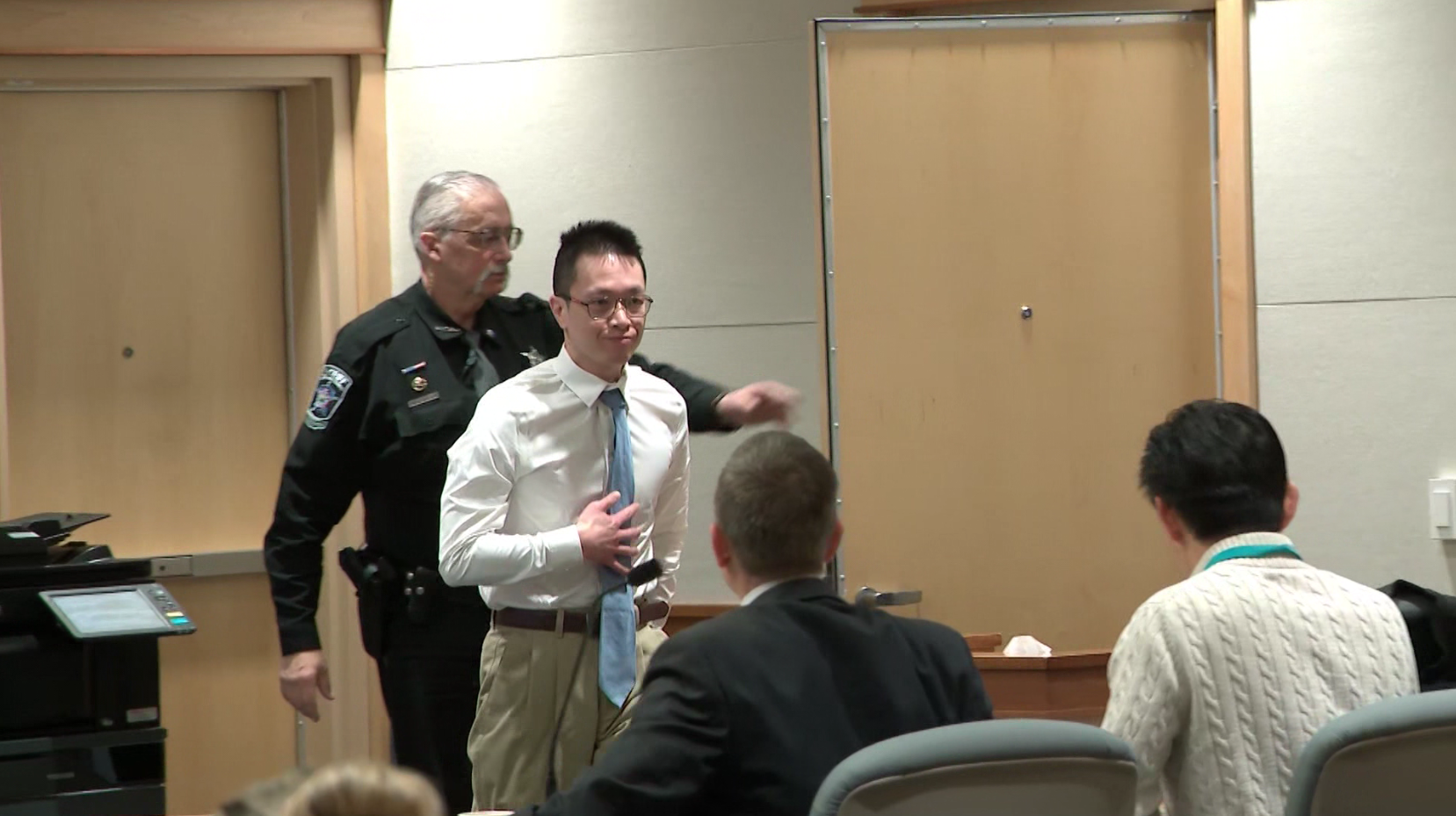UPDATE: In a dramatic shift in the Senate, eight Democratic senators broke ranks on October 1, 2023, to join Republicans in a crucial vote that aims to reopen the government. This unexpected alliance marks a significant compromise as lawmakers scramble to avert further economic fallout from the ongoing shutdown.
The eight senators, including former governors and prominent figures within the Democratic caucus, cited the urgent need to restore federal services and aid, emphasizing their commitment to constituents over party loyalty. Their actions have sparked fierce criticism from within their party, branding the decision as a “betrayal” to Democratic principles.
Key Senators who voted with Republicans include:
– Jeanne Shaheen of New Hampshire, who stated, “This was the only deal on the table. It was our best chance to reopen the government and immediately begin negotiations on extending ACA tax credits.”
– Dick Durbin of Illinois, the second-ranking Democrat, noted that while the bill isn’t perfect, it provides essential funding for programs like SNAP, which supports millions of Americans.
– Tim Kaine of Virginia expressed his support due to provisions preventing further layoffs from the Trump administration, a pressing issue for his state.
– Maggie Hassan, also from New Hampshire, highlighted the urgency of protecting federal food aid.
– Jacky Rosen of Nevada criticized the Republican strategy, asserting that the shutdown’s impact on working families was unacceptable.
Independent senator Angus King, who caucuses with Democrats, played a vital role in negotiations and has consistently voted to reopen the government. Another senator, Catherine Cortez Masto, has similarly aligned with the bipartisan effort. Newly elected John Fetterman of Pennsylvania has also faced backlash for his vote, arguing that the shutdown should never have escalated to this point.
As of now, five Democrats switched their votes to support the bipartisan agreement, while three had already been advocating for government reopening since the onset of the shutdown. The growing dissent among Democratic ranks raises critical questions about party unity and the future of negotiations.
The political fallout from this vote will likely be felt in the coming months, as the senators who broke ranks are not facing reelection until 2028 or later, giving them a degree of political cover. However, their moves have put their reputations at risk, igniting a fierce debate within the party.
The immediate focus now shifts to how this bipartisan effort will influence ongoing discussions about funding and policy, particularly regarding essential programs like SNAP. As the situation develops, all eyes will be on the Senate to see if this collaboration can lead to lasting agreements or if partisan tension will reignite.
Stay tuned for further updates as this story unfolds.







